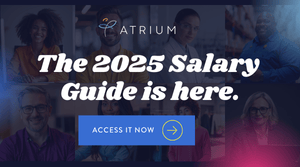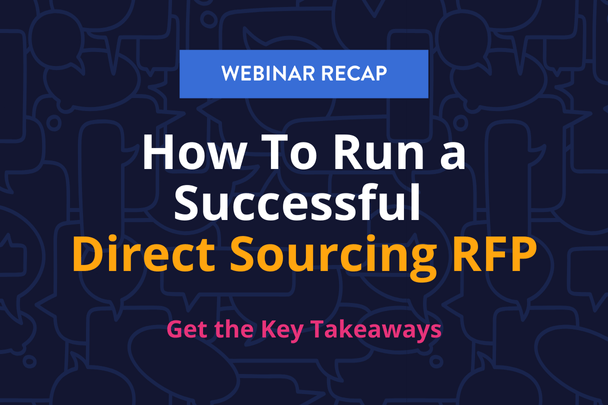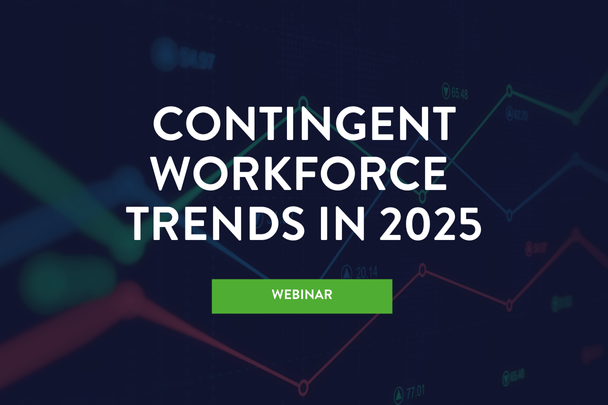Listen up employers! If the ‘future of the workforce’ isn’t on your radar yet, you’re already behind. The Gen Z workforce (those born between the years of 1997-2012) currently represents a fifth of the population in the United States and will dominate the workforce by 2030.
The Gen Z workforce is the most racially and ethnically diverse generation in the nation’s history. If your company is outdated in its hiring process, perks, benefits, diversity and inclusivity, it’s time to look into improvement. You should be doing all you can to attract this talent pool NOW!
Despite what many generations ahead think, Gen Z are anything but slackers. Not only are they motivated to drive their career, but they’re also willing to work longer hours for higher pay. While salary is a top priority, passion for their work motivates them as well. Meaning, it’ll be important for a company to keep Gen Z engaged in the mission of their role in the organization.
What else is the Gen Z workforce looking for in a company? How does an organization find attract the future of the workforce? Here is some insight to attracting and retaining your up-and-coming employees and leaders.
WHAT ARE GEN Z CANDIDATES LOOKING FOR?
Of course, competitive salary is on the top of Gen Z job seeker’s lists. However, candidates are also looking at a much fuller picture when evaluating job offers. Highlighting diversity and inclusivity, benefits, remote roles, career advancement, employee wellness and work-life balance will attract these applicants.
Company perks such as free food or social events are at the bottom of the ‘wants’ list. Three in ten grads need to see a commitment to diversity in a job posting or they won’t bother applying.
Likewise, they want to see diversity in leadership, as well as women in leadership roles. In the healthcare realm, the Gen Z workforce puts a high priority on mental wellness. In fact, 91% of college grads and 83% of non-college candidates say it’s important to them to feel comfortable discussing mental wellness at work.
HOW CAN COMPANIES ATTRACT THIS AGE GROUP?
Employers’ top theories as to why Gen Z candidates stop responding during the hiring process includes accepting a different position. Other reasons include no longer being interested in the position or thinking they had a chance of getting hired. However, more than a third of Gen Z candidates reveal they’ve ghosted a company because the recruiter was rude to them or lied about the position. Among candidates without a degree, the number one reason they gave for cutting ties with recruiters is because they took too long to respond.
Something to consider is younger candidates have a different outlook of online job searches than older generations. This is a group who have grown up in the world of social media and instant response. When applying for jobs, they must wait, and they may feel like they are being ghosted if they haven’t received a response in just a matter of days. To ease tensions between candidate expectations and recruiting realities, hiring managers have options at their disposal. These options include wording in the job description forecasting a timeline of next steps in the hiring process.
Other things that may deter a Gen Z job seeker from applying to a job include employers asking for multiple years of experience in entry-level postings, wasting time re-entering information onto applications, completing applications on outdated career sites, and weeding through lengthy job descriptions. Recruiting etiquette goes a long way and can be the key to standing out from competitors.
WHERE ARE THEY APPLYING?
Among the top tools identified as most important by the Gen Z workforce were job boards and career networking platforms. While non-college grads leaned heavily on local job boards and social media platforms. With potential candidates looking at your company’s social media platforms to determine if they want to work with you, employer branding is more important than ever. Sharing your employer value proposition and company values in authentic, consistent messaging is crucial for companies hiring Gen Z candidates.
There is no better time than now for your organization to take a step back and re-evaluate not only the hiring process but the overall company brand and culture. What used to work will no longer on the up-and-coming leaders and employees. It will be exciting to see the impact that Gen Z has on the future of the workforce.











